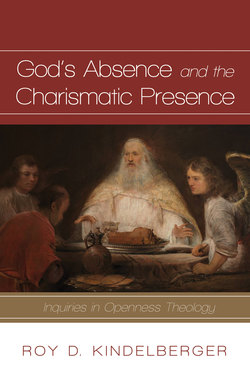Описание книги
The author's theological inquiry is intended to raise questions of interpretation within the camp of openness theology and to direct a discussion on the implications of this movement for the charismatic/Pentecostal community.
Open theism or openness theology affirms that the universe is open, the future is not settled, God is essentially relational love, and the risks of love and the threats against it are real. The author digs deep into this area of doctrine in order to question how far openness theology is willing to go. Is it only the future that is open to God, or are there perhaps unknown aspects to the past and present as well?
What does God know about sin, and when does he know it? Is it possible for God to be totally absent from a person's life or even from an entire nation? If God can be absent, can he also be exceptionally present in the lives of believers? What would the divine presence and the charismata (spiritual ministries) look like in an open universe?
Open theism or openness theology affirms that the universe is open, the future is not settled, God is essentially relational love, and the risks of love and the threats against it are real. The author digs deep into this area of doctrine in order to question how far openness theology is willing to go. Is it only the future that is open to God, or are there perhaps unknown aspects to the past and present as well?
What does God know about sin, and when does he know it? Is it possible for God to be totally absent from a person's life or even from an entire nation? If God can be absent, can he also be exceptionally present in the lives of believers? What would the divine presence and the charismata (spiritual ministries) look like in an open universe?
